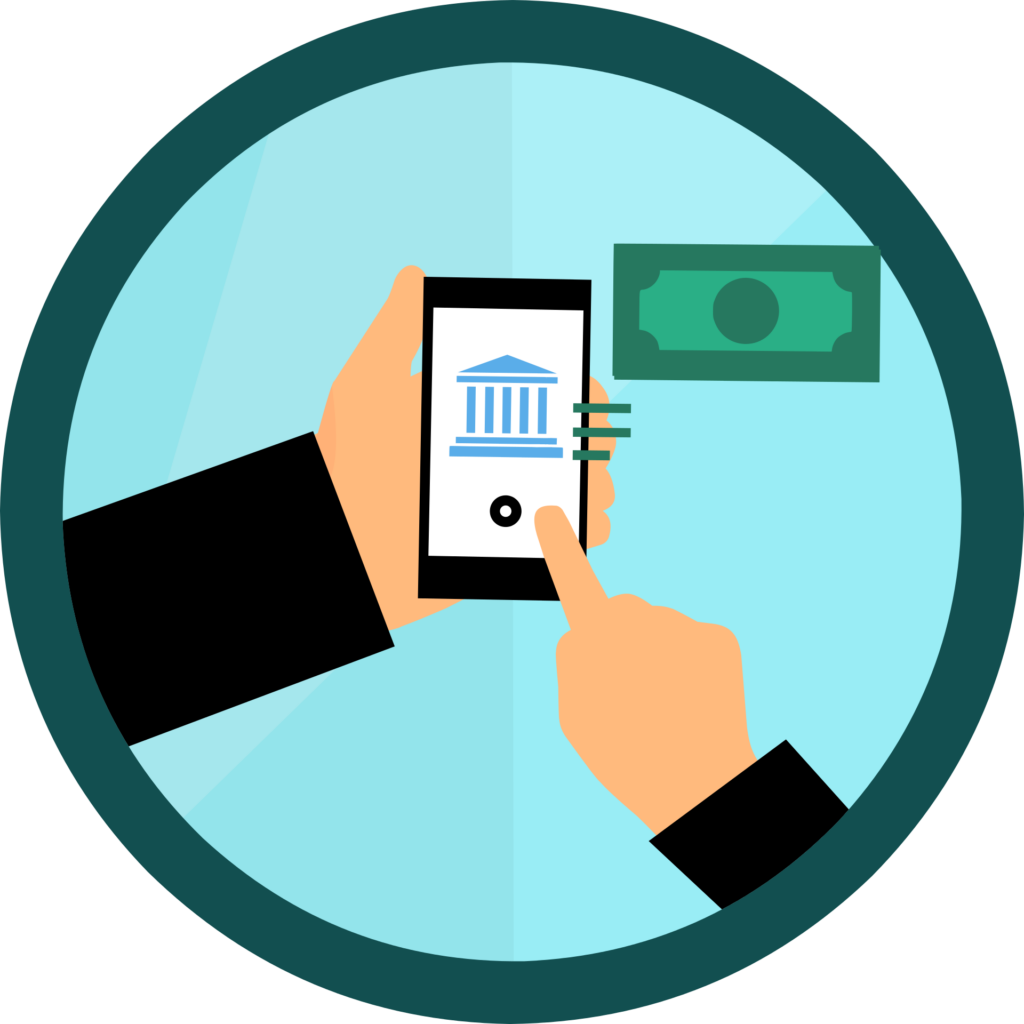Online Banking Safety:
Protecting Your Finances in the Digital Age
Online banking has witnessed a surge in popularity over the past few decades due to its convenience and user-friendly interfaces. Banks have invested heavily in enhancing the security of online banking platforms. Nevertheless, the allure of easy access to money has made online banking a prime target for scammers and hackers. Shockingly, the Federal Trade Commission reported over 33,000 cases of bank fraud in just the first quarter of 2023.

Types of Online Banking Crimes:
Online banking scams take various forms, including:
1. Phishing Attacks: Scammers send fake bank emails, texts, or phone calls, often with links to fraudulent websites to steal login information.
2. Cyberattacks: Hackers gain unauthorized access to your devices to steal personal and financial information.
3. Data Breaches: Cybercriminals target financial institutions, leaking sensitive data to the Dark Web.
4. Social Engineering: Scammers create fake bank accounts using stolen information.
5. Hacking Payment Processors: Criminals target companies storing bank account information.
6. Skimming and Shimming Devices: Fraudsters attach devices to ATMs to steal card details.
Consequences of Bank Account Number Theft:
Once scammers obtain your bank account number, they can:
- Commit ACH (Automated Clearing House) fraud and withdraw money.
- Make online purchases using your bank details.
- Launder money through your account.
- Create and use fraudulent checks.
- Steal your identity.
- Gain access to your online banking.
- Conduct tax fraud.
- And more.

Who Do Bank Scammers Typically Target?
While no one is immune to bank scams, they often target less tech-savvy individuals, including young people with newly opened bank accounts and the elderly. For instance, individuals in their 20s are more than twice as likely to fall for fake check scams.
Can Someone Use My Identity for Bank Fraud?
Yes, scammers can use your identity to commit various forms of bank fraud, accessing your bank accounts, government benefits, and even contacting your friends and loved ones to perpetrate further scams.
The 10 Most Common Types of Bank Scams:
1. Overpayment Scams.
2. Automatic Debit Scams.
3. Fake Check Cashing Scams.
4. Unsolicited Check Fraud.
5. Government Impostor Scams.
6. Phishing Scams.
7. Charity Scams.
8. Online Lending Scams.
9. Sweepstakes and Lottery Scams.
10. Fake Bank Text Messages.
Are You Liable for Scammers’ Charges?
Generally, you are not liable for charges made by scammers using your bank account details. However, it’s essential to follow specific guidelines and report unauthorized transactions promptly to your bank.
Steps to Protect Yourself:
To safeguard your finances, take these precautions:
- Avoid cashing checks paying in excess.
- Use encrypted websites for financial transactions.
- Never share sensitive information over the phone.
- Be cautious with charity websites.
- Verify email addresses.
- Don’t engage with scammers.
- Be cautious of government impostor scams.
- Never pay to redeem prizes.
- Borrow only from reputable sources.
- Verify unsolicited checks with your bank.
- Use a trusted cybersecurity app like Aura for protection and identity theft coverage.
In the digital age, protecting your finances is paramount. By staying informed and adopting best practices, you can minimize the risk of falling victim to online banking scams and enjoy the convenience of online banking with peace of mind.

